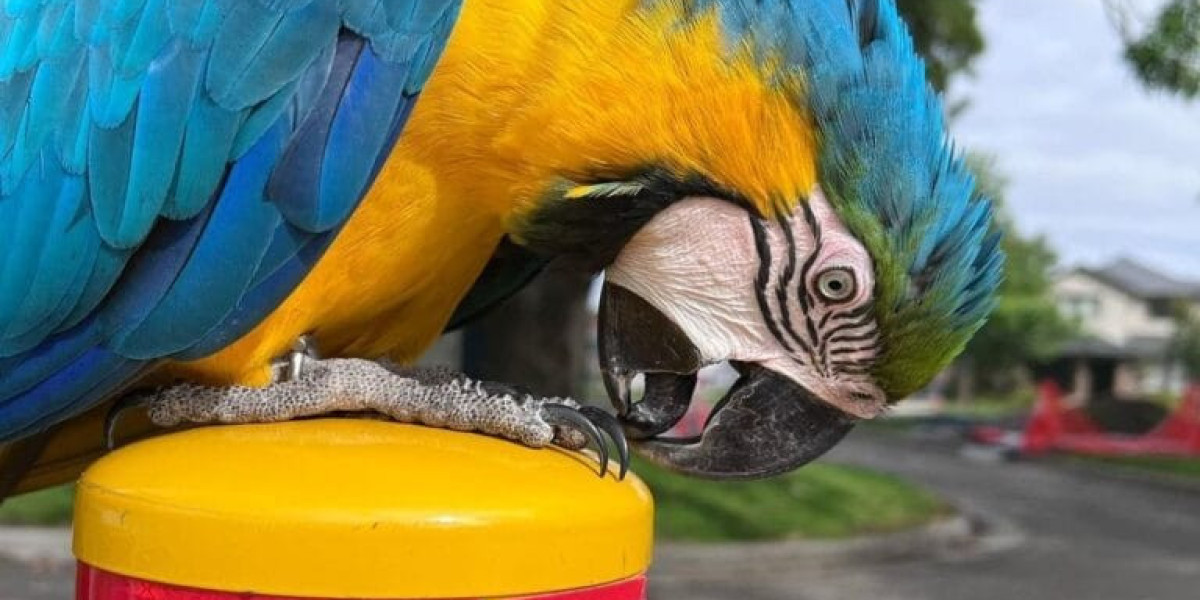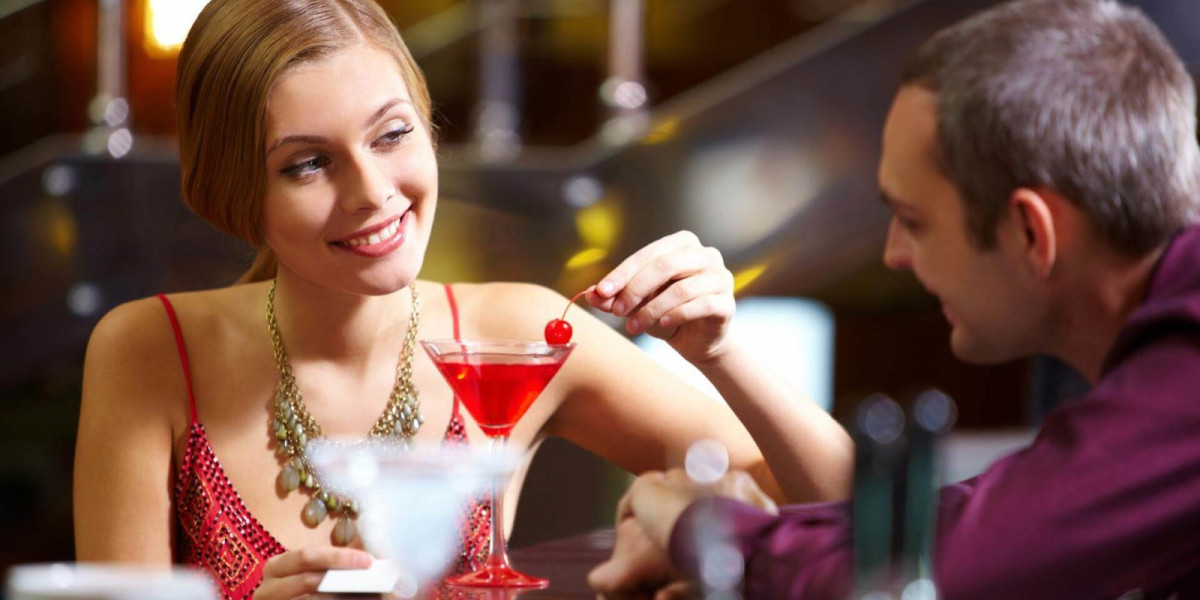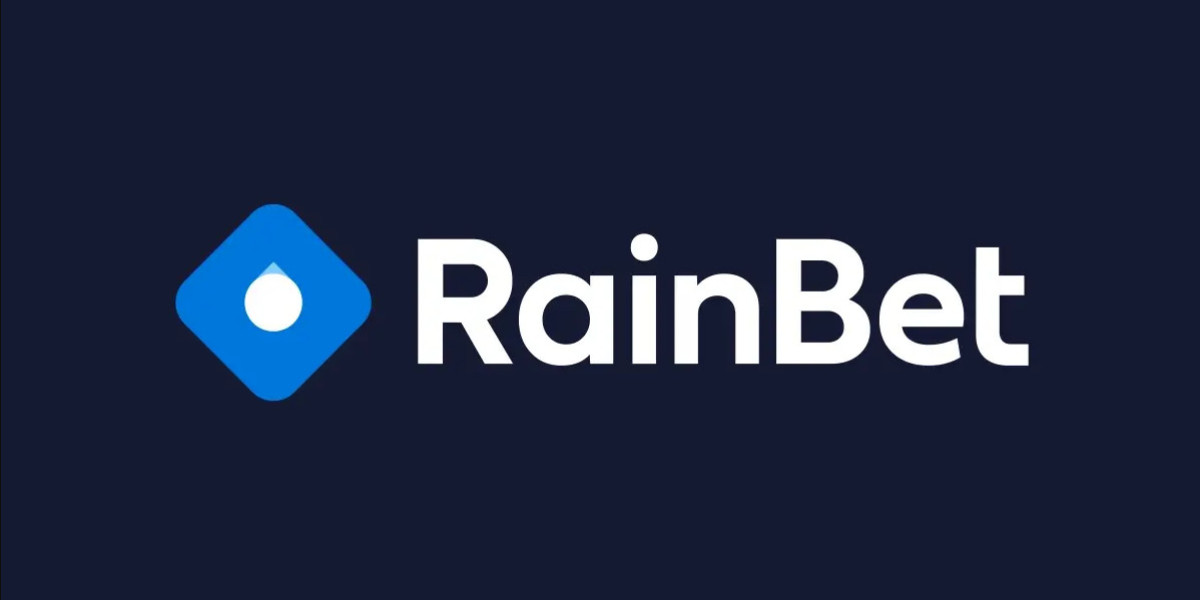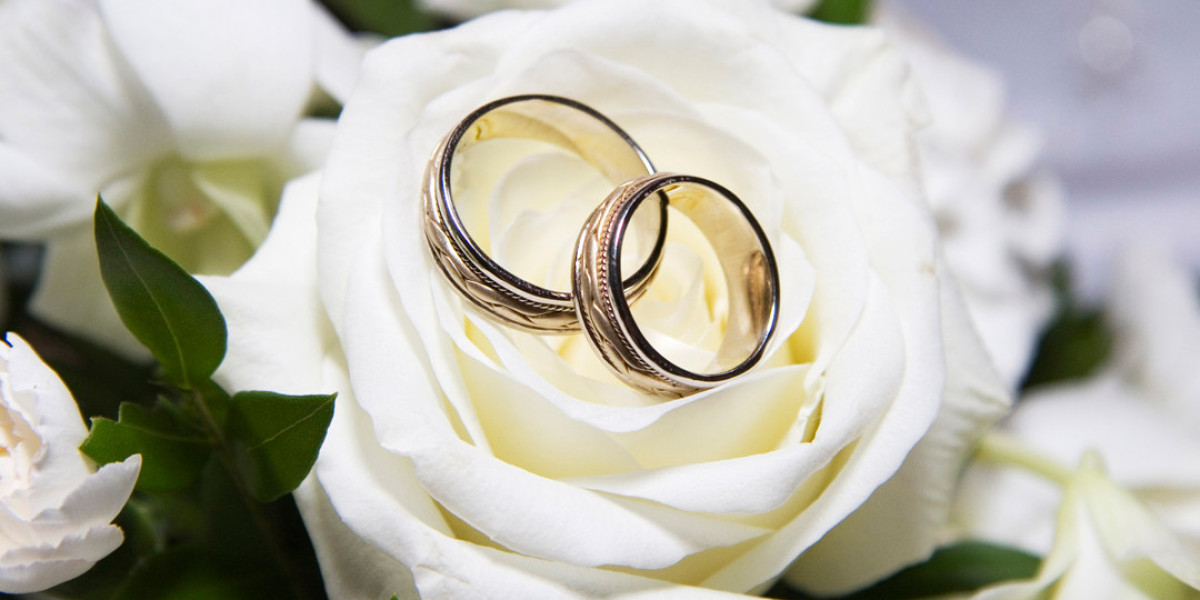The Hyacinth Macaw, known scientifically as Anodorhynchus hyacinthinus, is one of the most striking and elegant parrots in the world. With its vibrant blue plumage, powerful beak, and charismatic personality, it's no wonder that the Hyacinth Macaw has captured the hearts of many bird enthusiasts and pet lovers. However, owning a Hyacinth Macaw is a significant commitment, both financially and in terms of care. This article will explore the cost of acquiring a Hyacinth Macaw, as well as the additional expenses and considerations that potential owners should be aware of.

Initial Cost of a Hyacinth Macaw
The initial cost of purchasing a Hyacinth Macaw is one of the most substantial expenses. Due to their rarity and the high demand for these birds, the price can range significantly. On average, a Hyacinth Macaw can cost between £12,000 and £15,000, though prices can sometimes exceed £20,000. This high cost is primarily due to the bird's conservation status and the efforts required to breed and raise them in captivity.
Additional Expenses
Cage and Housing
- Cage: A Hyacinth Macaw requires a large, sturdy cage to accommodate its size and active nature. A suitable cage can cost between £1,000 and £3,000. The cage should be made of strong materials like stainless steel or wrought iron to withstand the bird's powerful beak.
- Playstand: A playstand or play area is essential for providing the bird with a space to exercise and socialize outside its cage. These can range from £200 to £500.
Diet
- Food: Hyacinth Macaws have a specialized diet that includes a variety of nuts, fruits, and vegetables. High-quality macaw pellets should also be a part of their diet. Expect to spend around £50 to £100 per month on food. Nuts, which are a significant part of their diet, can be expensive, often costing £20 to £30 per pound.
- Supplements: Vitamins and calcium supplements may be necessary to ensure the bird's health, adding another £20 to £50 per month to the expenses.
Veterinary Care
- Initial Check-up: A comprehensive veterinary check-up is essential after bringing a new Hyacinth Macaw home. This can cost between £200 and £500.
- Annual Check-ups: Regular vet visits, including annual check-ups and vaccinations, are crucial for maintaining the bird's health. These visits can range from £100 to £300 per year.
- Emergency Care: Unexpected veterinary emergencies can be costly, with expenses ranging from £500 to several thousand dollars. It's wise to set aside an emergency fund or consider pet insurance.
Training and Enrichment
- Toys and Enrichment Items: Hyacinth Macaws are intelligent and active birds that require a lot of mental stimulation. Toys, puzzles, and enrichment items can cost between £20 to £100 each, and you'll need to replace them regularly as the bird destroys them.
- Training: Professional training sessions can help manage the bird's behavior and socialization. These sessions can cost £50 to £100 per hour.
Miscellaneous Costs
- Permits and Legal Fees: Depending on your location, you may need to obtain permits to own a Hyacinth Macaw. These permits can cost several hundred dollars and may need to be renewed annually.
- Travel and Transport: If you're purchasing the bird from a breeder or seller in another location, transportation costs can add up. These can range from a few hundred to a few thousand dollars, depending on the distance and mode of transport.
Long-Term Commitment
Hyacinth Macaws are known for their longevity, with a lifespan of 50 to 80 years. This means that owning one is a long-term commitment, and you must be prepared to provide care for the bird's entire life. Here are some long-term considerations:
- Time and Attention: Hyacinth Macaws are highly social and require a significant amount of interaction and attention from their owners. Neglect can lead to behavioral problems and health issues.
- Space: These birds need ample space to move, play, and exercise. A large home or aviary is ideal.
- Consistency: Consistent care, including a stable diet, regular exercise, and a routine, is crucial for the bird's well-being.
Ethical Considerations
Before deciding to purchase a Hyacinth Macaw, it's important to consider the ethical implications. These birds are listed as Vulnerable on the IUCN Red List, and their wild populations are threatened by habitat loss and illegal trade. Ensure that you are purchasing from a reputable breeder who is committed to conservation efforts and buymacaw ethical breeding practices.
Owning a Hyacinth Macaw is a rewarding but challenging experience. The initial cost of the bird, along with ongoing expenses for housing, food, veterinary care, and enrichment, can be substantial. However, for those who are prepared for the commitment and can provide the necessary care, a Hyacinth Macaw can be a beautiful and loyal companion for many years. It's essential to research and understand all aspects of Hyacinth Macaw ownership before making a decision to ensure that you can provide the best possible life for this magnificent bird.
By being well-informed and prepared, you can enjoy the unique bond and joy that comes with owning a Hyacinth Macaw while ensuring that you are contributing to the ethical treatment and conservation of these incredible animals.








